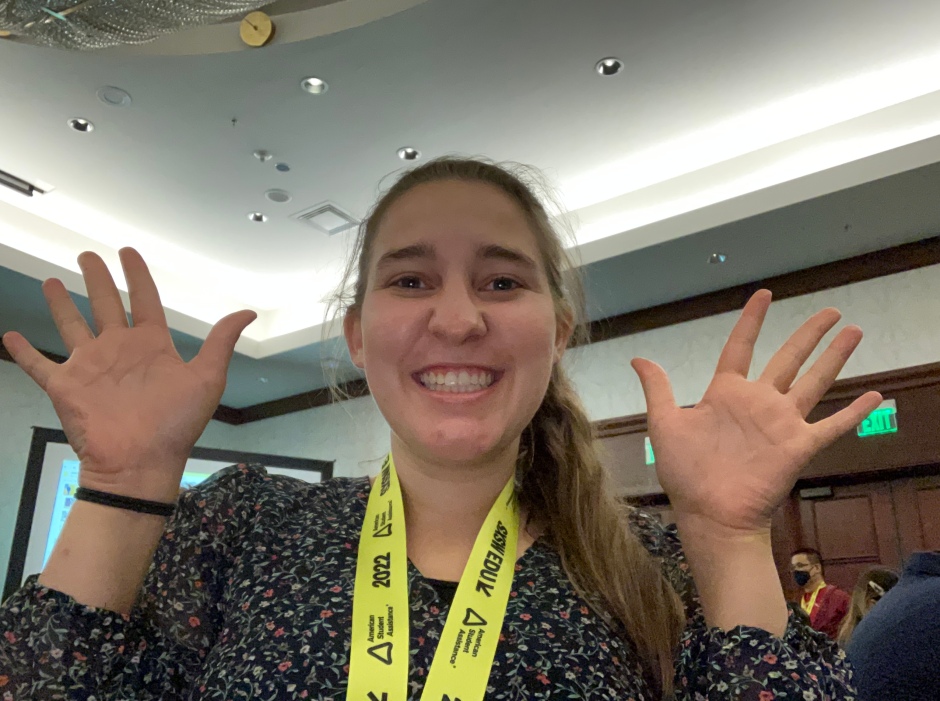Day 2 of SXSW! Themes of the day for my thinking and learning were around the need for more research and play in education at all levels.
These aren’t particularly surprising or new concepts. I mean any time you go to a conference you expect to some extent to hear about current research being conducted and analyzed in the field. And the belief that learning and schooling should be fun is something I’ve always been a big promoter of. [Quick clarification – to me ”fun” is most closely synonymous with the ideas of being enjoyable and meaningful, being fun does not mean ”not challenging” or ”easy” or ”without failure.” I’ve written about this before but sadly cannot find the old blog post to link, but if anyone does find it let me know… #strugglewithwrittinglots]
Due to the fact that these are not new concepts, I’m not going to dwell long on them. But I did think it was worth emphasizing the importance of research and play in education.
My morning today started, after the keynote speaker, with hearing about new edTech tools. The three tools discussed in the session included a tool focused on teacher professional development, one that focused on child literacy, and another that focused on making research more available to teachers. The discussion that followed from this presentation further elaborated on the ever challenging issue that despite the amount of research we already have on best practices in learning and teaching, we still have so little of this research actually being utilized in our schools.
This conversation continued throughout my day as I went into other sessions. I further heard presentations about interesting new research on community-centered design and student engagement survey’s. Then I learned about a group of educators collaborating across the world through the development of student curated comics. Furthermore, I saw Stanford d.School’s vision of the future exhibition. Finally, I finished the day off by hearing stories about communities that came together to reinvent public spaces with the intent of making fun, interactive, community installations such as interactive learning playgrounds.
At all of these sessions, during some point or another we had a discussion yet again about the importance for empowering and training teachers so that they can make intentional design choices and informed iterates to ultimately provide better learning for students. And this better learning for students was also always qualified with the idea of the knowledge and activities actually bringing value, meaning, and/or enjoyment to students, ie ”fun.”
It’s truly not rocket science, but the quote that stuck with me all day came from that very first session, ”If you’re not taking teacher learning seriously, then you’re not taking student learning seriously.”










